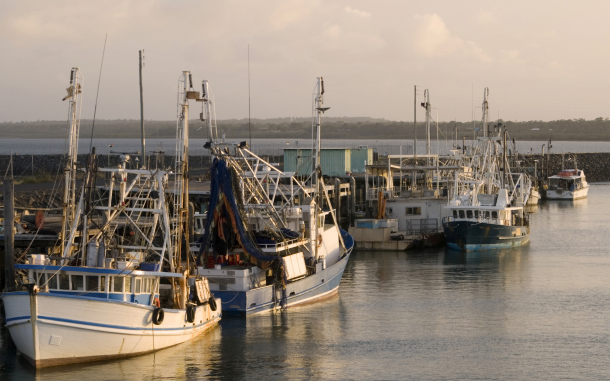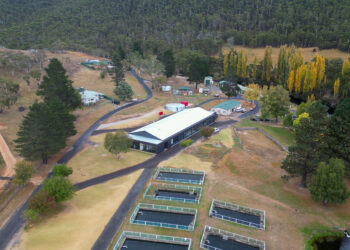
SEAFOOD Industry Australia (SIA), the national peak-body representing Australia’s seafood industry, has welcomed a paper led by Rich Little, CSIRO, Senior Research Scientist, Oceans and Atmosphere denouncing claims by Graham Edgar et al. (2018).
“The basic premise of the ‘Edgar paper’, that Australia’s commercial fish-stocks have declined by a third over the last 10 years has been debunked by the work of Dr Little and his team,” SIA CEO Jane Lovell said.
“SIA’s initial response to the ‘Edgar paper’ and the questions we, as an industry, raised regarding the validity of the data presented have been substantiated. The opening line of the Rich Little paper rejects Edgar et al.’s claims that Australian fish stocks are rapidly declining. Little et al. note significant problems with the Edgar’s methodology and also highlight factual errors within his 2018 paper.
“The very idea that statements could be made about the state of all Australia’s fisheries based on a photographic surveys from shallow, in-shore waters, and a tiny number of commercial species just didn’t make sense; and have been shown to be flawed methods of research.
“The ‘Edgar paper’ caused significant stress to Australia’s commercial fishers and was widely used to try to discredit Australia’s sound fisheries management and influence political debate. Once misinformation is published it is hard to combat, however we are confident the Rich Little paper shows the community and our politicians the truth behind Australia’s fisheries management techniques, which are some of the best in the world.
“Australia’s professional fishers adhere to extremely strict regulations and monitoring to ensure we maintain healthy stocks. There are prescriptive management plans, quotas and licences in place controlling what can be caught and where. We don’t, we can’t and we wouldn’t want to just go out and catch as much as we possibly can.
“Let us be clear, Australia’s commercial fish-stocks are not in decline. In fact, for the fifth consecutive year Australia’s Commonwealth-managed fisheries have been listed as not subject to overfishing by the Australian Bureau of Agricultural and Resource Economics and Sciences. This is something our wild-catch fishers are very proud of, and is unprecedented internationally.
“In addition, the footprint of Australia’s trawlers has been found to be one of the smallest in the world. Australian seafood is one of the best managed and most sustainable protein sources in the world.
“As fishers, our priority is the environment, if there was cause for us to step away from the harvest of a particular species, then we would listen. We advocate the health, sustainability and future of our ocean and land-based aquaculture activities.
“The Little et al. paper concludes with a statement SIA thoroughly agrees with – better collaboration between fishery scientists and marine ecologists is needed. Had this been the case, perhaps this whole debacle and insinuation of poor fisheries management in Australia could have been avoided.
“We raised our concerns regarding the process of peer review, publishing and promotion of the ‘Edgar’ paper with the University of Tasmania (UTas). We have engaged in meaningful discussions with UTas regarding process changes. We look forward to their initiatives to prevent a recurrence of situations like this that discredit the hard and accurate work of so many other researchers and the efforts of our commercial fishers, coming into effect. We encourage other research organisations to make sure they have suitably rigorous processes to ensure scientific rigour and processes are maintained.”
















